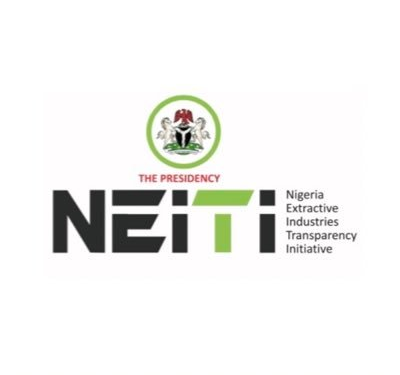The Nigeria Extractive Industries Transparency Initiative (NEITI) has expressed strong support for President Bola Tinubu’s Tax Reform Bills, urging clarity on the harmonization of federal and state tax laws.

In a statement released on Tuesday by the Acting Director of Communications and Stakeholders Management, Obiageli Onuorah, NEITI commended the proposed reforms, which have been submitted to the National Assembly for approval. The organization also backed the Nigeria Governors’ Forum’s endorsement of the bills.
NEITI’s Executive Secretary, Dr. Orji Ogbonnaya Orji, emphasized in a memo addressed to the National Assembly and the Presidential Committee on Fiscal Policy and Tax Reforms that the bills have the potential to modernize Nigeria’s tax system, broaden the tax base, and align the country’s fiscal framework with global best practices.
NEITI highlighted several positive aspects of the bills, including:
- Consolidation of existing tax laws into a unified framework.
- Introduction of measures to curb tax evasion and improve fiscal transparency.
- Emphasis on taxing digital assets, resident and non-resident taxation, and undistributed profits.
- Commitment to fiscal efficiency and broader revenue generation opportunities.
Despite the bills’ strengths, NEITI’s review identified areas for improvement, particularly concerning the extractive industries. Key recommendations include:

- Harmonization of Federal and State Tax Laws: Sections 1 and 2 of the bills should explicitly outline roles for subnational governments and provide guidelines for harmonizing federal and state tax systems.
- Taxation in Extractive Industries: Introduce clauses to address jurisdictional conflicts, align state and federal tax systems, and ensure fairness in petroleum operations taxation.
- Renewable Energy and Energy Transition: Expand incentives for renewable energy projects, carbon capture, and sustainability initiatives to align with global energy transition goals.
- Simplified Compliance for SMEs: Reassess tax rates and processes for small-scale businesses to reduce administrative burdens.
NEITI commended the provisions for taxing digital assets but urged the establishment of clear definitions, valuation guidelines, and reporting mechanisms. The agency also called for phased implementation or exemptions for small businesses to foster growth.
The organization recommended targeted incentives for priority sectors, simplified procedures for accessing tax relief, and lower stamp duty rates for strategic industries to encourage investment.
NEITI emphasized the need for collaboration with international tax authorities to curb profit shifting and ensure effective enforcement of tax laws. It also called for investment in capacity-building for tax administrators and adopting data-driven monitoring systems.

NEITI underscored the importance of engaging critical stakeholders, including civil society, to build trust and ensure transparency in implementing the reforms. It offered to lead engagements with the third sector, leveraging its established relationships and experience.
NEITI reaffirmed its support for the Tax Reform Bills, describing them as a step toward fiscal modernization and economic growth. However, it stressed the need for clear implementation guidelines, robust public awareness campaigns, and careful management of the transition process to avoid administrative confusion and maximize the benefits of the reforms.









